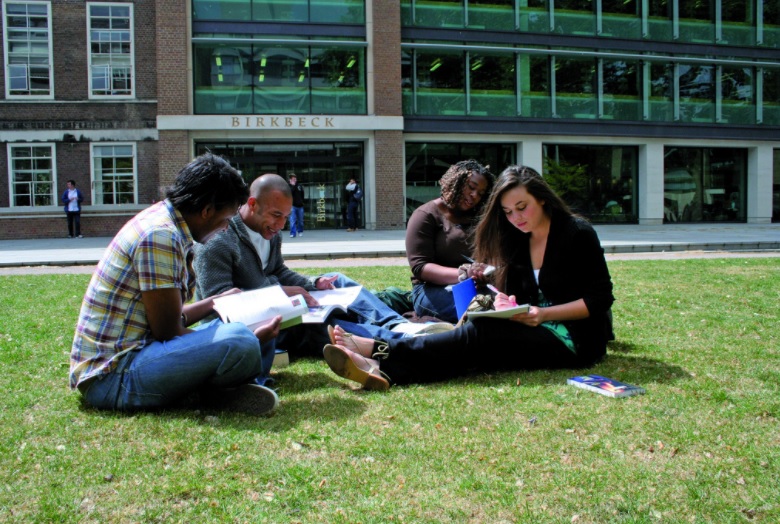BA Global Politics and International Relations student, Aditya Mukherjee, shares his top tips on how to get stuck into your studies at Birkbeck.
It feels great to receive an amazing grade that reflects all the hours of study and hard work that goes into preparing for an exam or creating a piece of course work. Often, however, starting a new course can feel a bit daunting: the 24 hours we have in a day slip away faster than we’d like, and study tasks and assignments can easily build up. Sure, studying something you’re enthusiastic about can help with not making it feel like an uphill trek, but every now and then, we could all do with a helping hand. So, here are my top tips for studying that will hopefully help you hit the ground running, so you can get the most out of your course.
Strategise your time
Planning ahead and creating a strategy for how to use your time makes the time you invest in studying more likely to pay off. Knowing how much time you have available to you and allocating it into specific sections and priorities can make a big difference. It stops tasks feeling daunting and encourages efficiency. This includes planning in advance for assignments and deadlines. Having a long-term schedule for a specific topic or assignment rather than a hyper-concentrated last-minute rush helps me produce my best work compared to working under the stress of a looming deadline. I say, you’re halfway to success already if you have a robust time management system in place.
Colour-code your notes
One of my best friends has aggressively color coded her notes ever since school, and gets great results. Colors are not only stimulating, but they can help your brain understand at a glance what is important, what belongs to which category, and so on. So don’t be shy about unleashing your inner artist and adding colour to your notes!
Find a study space
Finding a suitable space to study to help concentration is essential. Ideally, you want somewhere quiet and with no distractions. If you don’t have this at home, you can always find study spots at the Birkbeck Library or even in the British Library (which is a stone’s throw away from Birkbeck) to have a distraction free power hour.
 Group study
Group study
Working in groups that involve active participation and discussion can enhance your comprehension and motivate you to contribute your knowledge or theories. It’s a great way to help consolidate what you’ve learned, learn from your peers, and get the most out of your assignments. Of course, digression is part and parcel of group study, so it’s important to make sure you’re not totally distracted when this happens. Having regularly scheduled breaks can help with this, so that group sessions are concentrated bursts of collaboration. Which brings me onto the next point…
Allow yourself to have breaks
This is something I am still learning myself. Breaks are good for the mind and body; they help relax you and can leave you feeling rejuvenated after a long studying session. I find that they work best in short, sharp bursts, as the longer you break for, the more concentration you need to get back into a studying mindset.
Read submitted assignments for perspective
Similar to group study sessions, reading the submitted work of your peers can really help broaden your perspective and deepen your understanding of the topics being covered in class. Chances are, you’ll learn something that you can apply to future assignments yourself. Likewise, someone could learn from your work too, so don’t be afraid to share your work – sharing is caring!
Make use of Birkbeck’s Online Library / Subject Librarians
Did you know there is help available for students needing further source material for assignments? Birkbeck’s Subject Librarians are available for guidance and support in accessing the best library resources for your particular subject, and can be spoken to both in person, and online via a chat function! Databases and Online Resources Guides are useful for accessing articles, books or journals online.
Make friends with someone who is good at taking notes
Having a friend who is motivated to study is likely to make you better at your studies too! Their attention to detail will always be welcome when comparing and contrasting lesson notes, and if you ever miss a lecture because of illness, your friend can help you catch up. Together you can help each other find inspiration and energy to stay motivated, inspired and supported.
More Information:
- Find out more about student life at Birkbeck
- Apply to Birkbeck through Clearing
- Find out more about Birkbeck’s Library services






